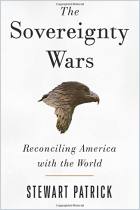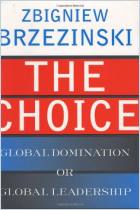Зарегистрируйтесь на getAbstract, чтобы получить доступ к этому краткому изложению.

Зарегистрируйтесь на getAbstract, чтобы получить доступ к этому краткому изложению.
Stewart Patrick
The Sovereignty Wars
Reconciling America with the World
Brookings Institution, 2017
Что внутри?
Stewart Patrick demonstrates the complex politics of sovereignty in the United States and the world.
Recommendation
Stewart Patrick of the Council on Foreign Relations traces the issue of sovereignty, a controversial subject throughout US history, from the writing of the Constitution to the debate over signing the Covenant of the League of Nations to the present. Sovereignty is an increasingly urgent issue in the US due to the rise of nationalist populism and globalization. America may need to weaken some aspects of sovereignty, like autonomy, for multilateral cooperation. But, sovereignty is more flexible than many people think. Patrick is a policy expert with a powerful grasp of history. Though framing his work in complex US political history, he essentially responds to President Donald Trump’s isolationist policies. Written in precise, relatively jargon-free prose, his intricate, rigorous account of policy may wear down the non-specialist, and it needs a sustained account of one issue from several viewpoints. Still, it has much to offer policymakers and anyone concerned with international relations.
Summary
About the Author
Stewart Patrick is the James H. Binger Senior Fellow in Global Governance and the director of the International Institutions and Global Governance Program at the Council on Foreign Relations.
















Comment on this summary